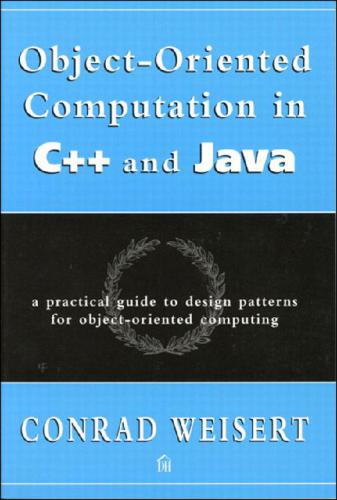

Most ebook files are in PDF format, so you can easily read them using various software such as Foxit Reader or directly on the Google Chrome browser.
Some ebook files are released by publishers in other formats such as .awz, .mobi, .epub, .fb2, etc. You may need to install specific software to read these formats on mobile/PC, such as Calibre.
Please read the tutorial at this link: https://ebookbell.com/faq
We offer FREE conversion to the popular formats you request; however, this may take some time. Therefore, right after payment, please email us, and we will try to provide the service as quickly as possible.
For some exceptional file formats or broken links (if any), please refrain from opening any disputes. Instead, email us first, and we will try to assist within a maximum of 6 hours.
EbookBell Team

4.3
38 reviewsThis is the digital version of the printed book (Copyright
2007).
Virtually all business, scientific, and engineering applications
are heavily reliant on numeric data items. C++ and Java offer
object-oriented programmers unique flexibility and control over the
computations required within such applications.
However, most books on object-oriented programming gloss over such
numeric data items, emphasizing instead one-dimensional containers
or collections and components of the graphical user
interface.
Object-Oriented Computation in C++ and Java fills the
gap left by such books.
Drawing on more than twenty years' experience as a software
developer, tester, consultant, and professor, Conrad Weisert shows
readers how to use numeric objects effectively.
Not limited to any language or methodology, the concepts and
techniques discussed in this book are entirely independent of one's
choice of design and coding methodology.
Practitioners of Extreme Programming, UML-driven design, agile
methods, incremental development, and so on will all develop these
same data classes.
Whether you are a seasoned professional or an advanced computer
science student, this book can teach you techniques that will
improve the quality of your programming and the efficiency of your
applications. The exercises (and answers) presented in this book
with teach you new ways to implement the computational power of
C++, Java, and numeric data items.
Topics include
taxonomy of data types
developing and using object-oriented classes for numeric data
design patterns for commonly occurring numeric data types
families of interacting numeric data types
choosing efficient and flexible internal data representations
techniques for exploiting pattern reuse in C++
conventions for arithmetic operations in Java
numeric vectors and matrices